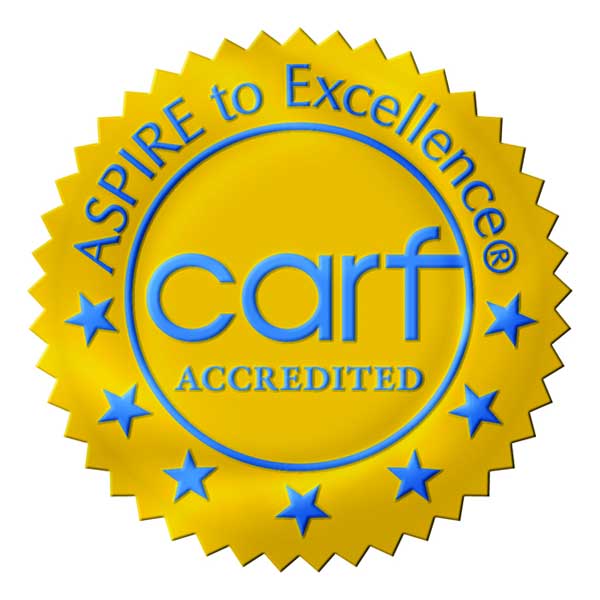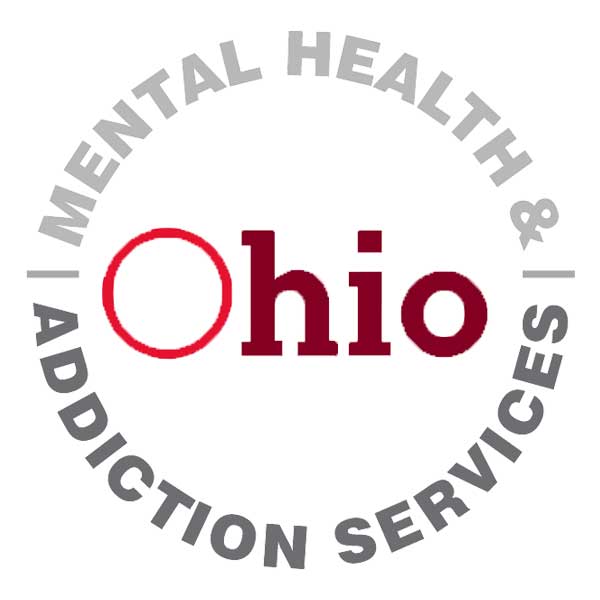GET HELP NOW
513.792.1272
Building an Effective Parenting Style

Did you ever wonder why parenting looks easy for some and overwhelming for others? Some parents have successfully built an effective parenting style, while others do not have a systematic strategy for raising a family. Regardless, healthy children develop as a result of effective parenting. Many techniques are used in successful parenting, and linking those together can lead to an effective parenting style.
Some adults find it easier to manage the constraints and responsibilities of parenting. They seem to thrive as leaders in their family and mentors to their children. It appears that adults who grow up in families that were healthy seem to have a greater ability to parent. Many of these parents learned skills as they grew up. Others have reached out to books, other parents, and professionals to gain greater skills. No one inherits magic parenting genes, no matter how natural parenting appears.
Parenting: a Challenge and a Joy
If parenting is a challenge and a joy, how do we get more joy and less challenge? The answer lies in building a more effective parenting style. While different parenting styles work for different parents and kids, there are some basics that successful parenting styles have in common.
Effective parenting styles are planned. Parents consider values, goals, consequences and delivery. While we all have our moments of less than ideal parenting, parents who have a thought-out style can refer back to their core ideals when they get into difficult situations.
Values
What do you value in your life? What do you want your children to value? Make a list of things you value and/or want your children to value.
How do you make these values clear to your children (without lecturing)? Some examples include: religious observance, volunteerism, working hard, exercising, and being competitive (or cooperative) in life.
Goals
What are your goals for your child? Your goals may be in the areas of: school, career, extra curricular activities, life partners/marriage/children, religion, behavior etc.
Consequences
How do you let your children know they aren’t living up to your goals and values? Some parents have a larger “bag of tricks” depending on the infraction, while others use the same consequence regardless of the error.
Delivery
Parents also have different styles when it comes to delivering their parenting techniques. Do you tend to yell or can you stay calm no matter how much your kids try to get under your skin? When you want to get your point across, do you lecture or show your values in your actions? Do you use the same delivery method all the time (or for all of your kids)?
Parenting reflects what we learned growing up
Adults generally recreate their own early emotional environment in their parenting style. If our family of origin was healthy we bring these skills to parenting. Conversely, if our upbringing was dysfunctional we have significant deficits in our parenting skill set.
Should you rely on imitating your parents?
You can build an effective parenting style that works for your family even if it didn’t occur in your childhood. Because parenting behaviors can be taught, you can learn and use proven techniques. Lisa Firestone sums up the current thinking in a recent Psychology Today article; she asserts that imitating your parents can be a key to parenting. “Positive identifications with qualities we liked in our parents help us to take on characteristics we respect and admire.” If you grew up without a parent you want to emulate, you may need to work harder to be the type of parent you do want to be.
Coping with a difficult personal childhood teaches you to survive almost anything. However, it doesn’t teach you how thrive as a parent. Survival skills can create barriers or defenses which negatively affect your parenting. Accordingly, no matter how good your intentions, you can be triggered by your upbringing. As a result, moments of irritation can make you susceptible to imitating your parents behaviors. For this reason you want to have a strong plan for healthy parenting.
Positive identifications with qualities we liked in our parents help us to take on characteristics we respect and admire.
Positive Parenting
The philosophy of positive parenting is based on the work of Martin Seligman, who is the founder of Positive Psychology. At its core, this parenting style focuses on empowering your child. A parent who can provide unconditional care and concern has a powerful tool in building a child’s self esteem and prepare him/her for a successful life.
Positive parents find satisfaction from being authentic and helping their children to develop their full and unique potential. This is done by conscious and consistent focus on being mentors and guides for their children. A parenting style that includes support, brainstorming, and helping the child develop skills like healthy choice making, resilience, and empathy will help parents and children feel successful.
When Substance Use Interferes in Your Parenting Plan
Even the most positive parent can become unnerved by a child’s use of drugs or alcohol. The uncertainty a parent feels during the teen years by the introduction of substance use. Their teenager’s negative attitude and lack of cooperation makes parenting difficult. Some parents have difficulties staying united in their parenting styles.
Above all, raising another human being from infancy to adulthood is no easy task. An adolescent who has unmet potential can lead a parent to feel frustration, fear, and guilt. If you are the parent of a teen who has a substance use disorder or mental health problems your task is even more difficult. These adolescents often have poor impulse control and are searching for brief physical or emotional relief. Positive parenting, with its focus on unconditional care, results in parents who find ways to encourage their teens. At the same time they use coaching as a strategy to help their child manage the teen years successfully.
If substance use interferes with your parenting your teen, get help. ASAP is only a phone call away.
References
RELATED POSTS
ASAP is Cincinnati's premiere outpatient treatment center for teenagers and their families struggling with substance abuse and mental health problems.
SUBSCRIBE
Enter your email address to receive news and information from ASAP.











